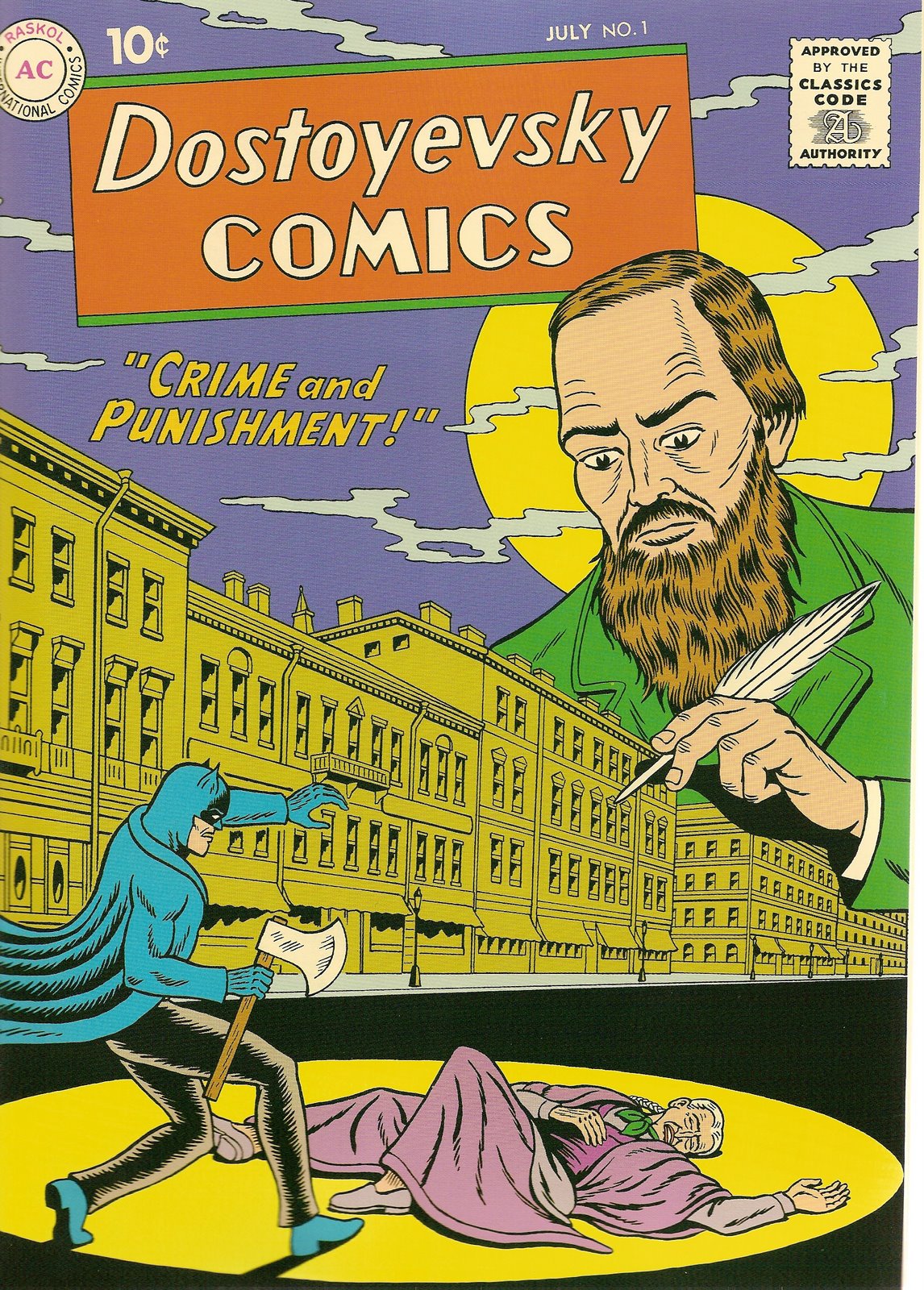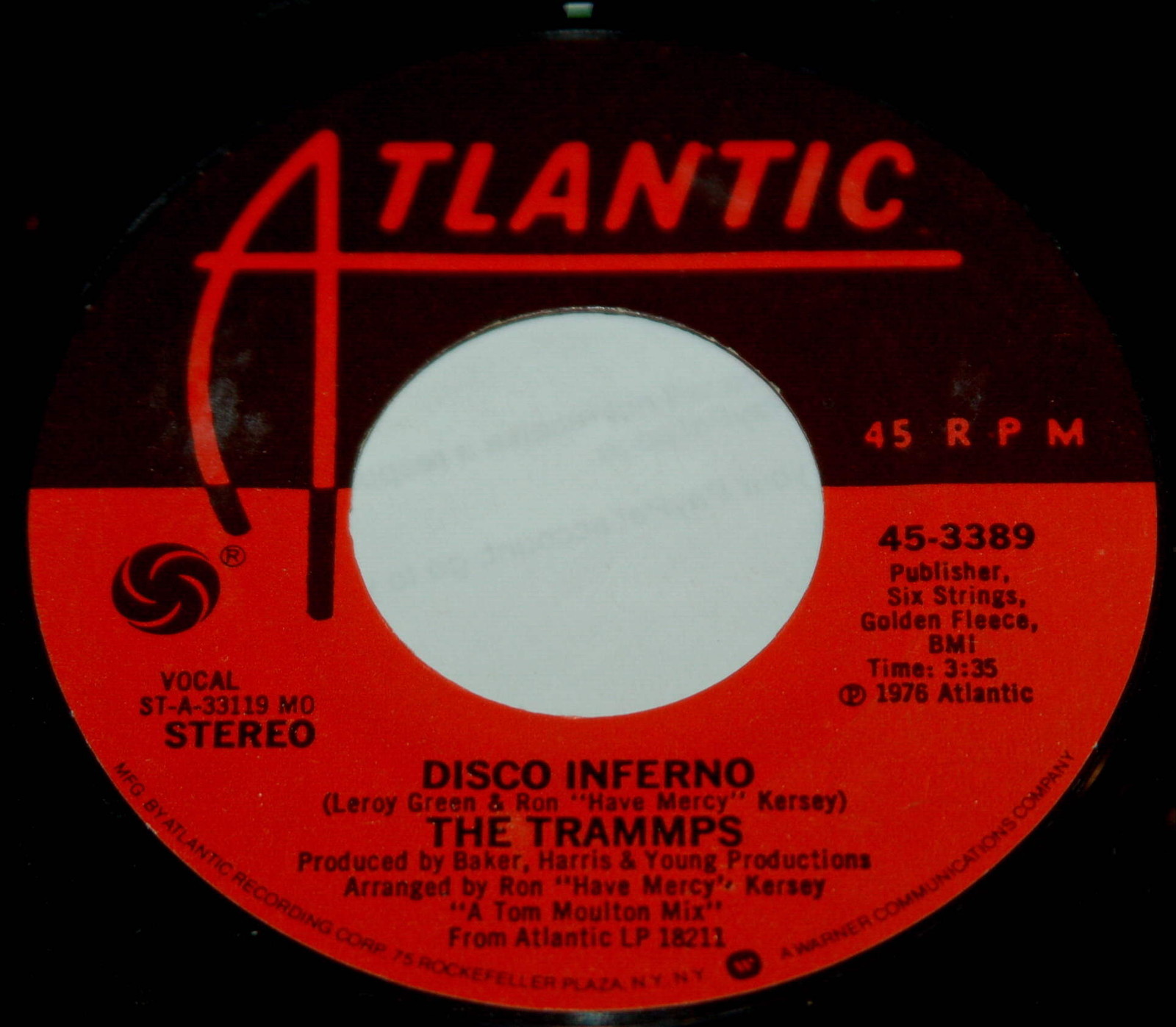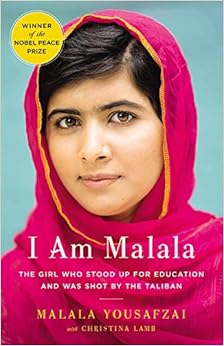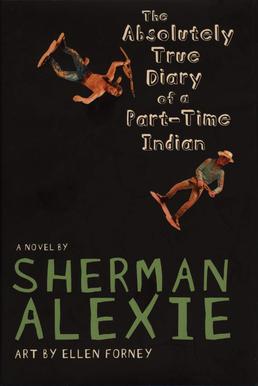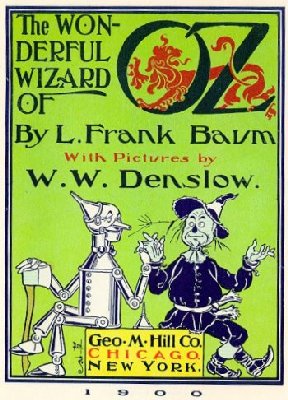Here they are, the 2017 Summer Reading selections for incoming Woodrow students. Depending upon which class you are in, there may be more than one book, so be sure to verify what you need to read on the list that follows the cover images. These books can all be purchased locally at a Dallas bookseller, or from a used-book store such as Half-Price Books or Lucky Dog Books, or online, or you could visit your local branch of the Dallas Library. In any case, while covers may vary, students are advised to purchase the complete, unabridged versions of the novels.
Incoming Freshmen:
English I On-level
English I Pre-AP
English I IS
English I Pre-AP
Incoming Sophomores:
English II on-level
English II Pre-AP
English II IS
English II IS
Incoming Juniors:
(
Link to Assignments)
***(
Link to On-level/AP assignments)***
English III on-level
English III AP English Language and Composition
English III IB Literature
English III IB Literature
Incoming Seniors:
English IV on-level
Part 1: "The Sword in the Stone"
English IV AP Literature and Composition
English IV AP Literature and Composition
English IV IB Literature
English IV IB Literature
So, to recap...
English I on
level - In
Cold Blood by: Truman Capote
English I pre-AP - In
Cold Blood by: Truman Capote
- I am Malala by: Malala Yousafzai and Christina Lamb
English I IS - In Cold Blood by: Truman Capote
English II on
level - The Absolute True Diary of a Part-Time Indian by: Sherman Alexie
English II
pre-AP - The Absolute True Diary of a Part-Time Indian by: Sherman Alexie
English II IS - The Absolute True Diary of a Part-Time Indian by: Sherman Alexie
- Lord of the Flies by: William Golding
English III on
level - Catcher in the Rye by: J. D. Salinger
English III AP - The Tipping Point by: Malcolm Gladwell
English III IB - The Wizard of Oz by: Frank Baum
-
How to Read Literature like a Professor
by: Thomas Foster
English IV on
level - Part I “The Sword in the
Stone” of The Once and Future King
by: T.H. White
English IV AP - The Handmaid’s Tale by: Margaret Atwood
-
Raw Shark Texts by: Steven Hall
English IV IB - Raw Shark Texts by: Steven Hall
-
V for Vendetta by: Alan Moore
